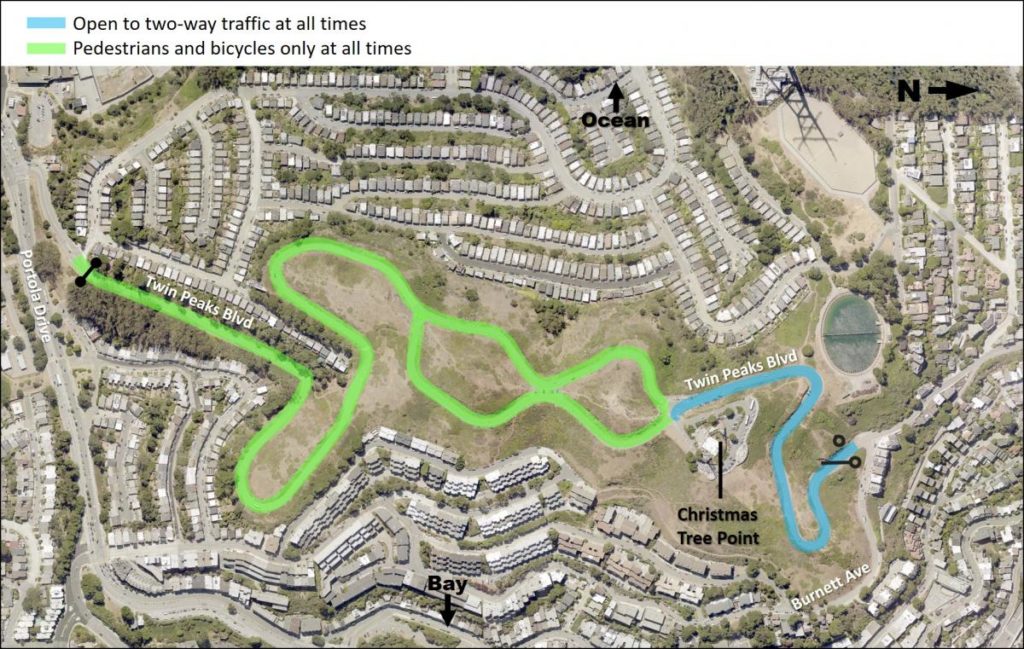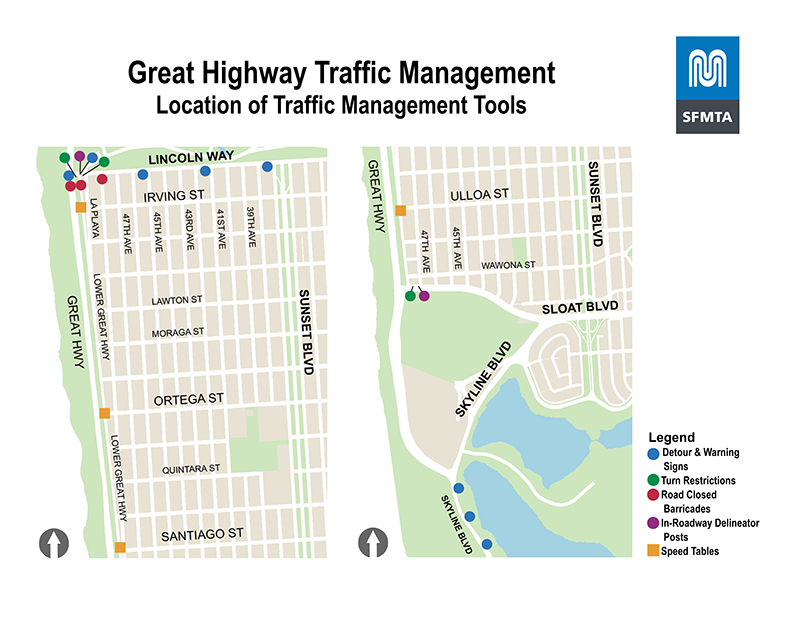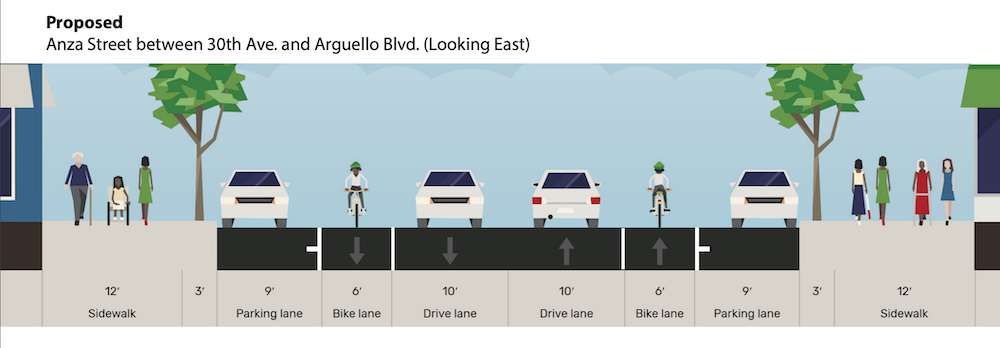In 2014, thanks to advocacy from the SF Bicycle Coalition, PODER, and other partners, San Francisco enacted an ordinance that encouraged partnership between city agencies and organizations like ours to find ways to redistribute abandoned bicycles to folks in the city who might need them. Since then, the Bike It Forward (formerly Community Bike Builds) program has worked with countless organizations and over 1000 individuals to get more people biking around the city, while at the same time reducing the bicycle-related waste heading to recycling centers and landfills.
By 2017, the program grew out of our office and into its own workspace. Bike It Forward found its new home in a workshop space at Calvary Hill Community Church in Bayview with the help of PODER and its program Bicis del Pueblo. After hours of volunteer work, we had a fully-functioning bicycle repair shop, storage space for all our bicycles, and most importantly proximity to the populations we were serving. Moving into Calvary enabled us to expand our program and include volunteers in the work regularly with new events like Community Repair Night. The space became a resource for other organizations doing the same kind of work, and we were able to partner and work closely with organizations like Yellow Bike, Y Bike, Campmobility and The Bike Kitchen over the years. This space has truly been for the community and we are so grateful to have been a part of it.
Over the past two years, the program has continued to grow, and we’ve recognized the need for a bigger and more accessible space. Now, Calvary Hill Community Church is expanding their own Community Hub programming and continuing their commitment to serving the community. As a consequence, we must vacate our shop space by the end of March. We fully support their decision to expand their work and wish them the best of luck on this new endeavour.
As we more urgently seek a new space for our Bike It Forward program, we are asking you, our members, for help in this search.
We are looking for:
- Warehouse-style or flexible commercial space with high ceilings
- Garage door access
- At least 2,000 square feet
- Built-in bathroom for staff and volunteer use
- 24 hours/7 days a week access for staff
- Located in the southeast part of the city
Our goal is to both continue to work with southeastern SF communities to bring affordable transportation to those who need it most and to expand. We have big dreams of expanding our current work to include more youth-focused initiatives and to provide a space that is welcoming to all, especially folks in the surrounding communities.
We are open to renting something temporarily but would prefer a new home for at least the next few years. If you know of a space that might work for our needs, please email Jo-Anne at jburgess@sfbike.org




